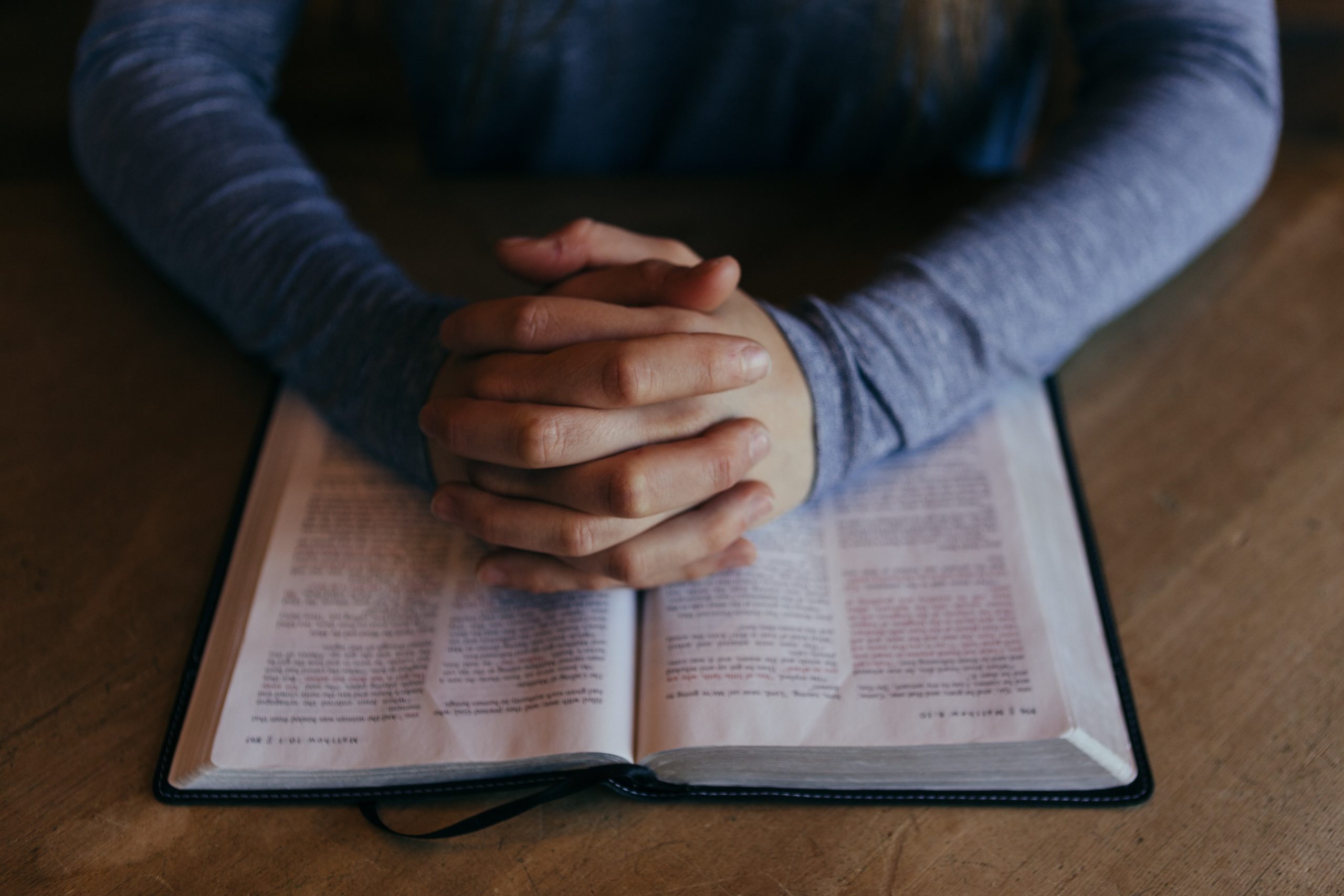By Vir Christi
If you’re like a lot of Catholics, you know that the Bible is important for our faith. But where do you start? What passages should you be looking at? How should you read through certain books as opposed to others? These are all good questions to ask! As you’re going about reading the Bible, here are two things you’ll want to make sure you keep in mind.
One is to make sure that what you’re holding is a Catholic Bible. That’s important because in the Catholic Bible, there are 73 books whereas in the Protestant Bible there are only 66; Martin Luther made an editorial decision based on disagreement in the Jewish community about the legitimacy of seven books in the Old Testament, and threw them out of his translation.
Also, remember that each of the books of the Bible is grouped into a different genre. There are narrative/historical accounts (the Gospels, Exodus), books of law and procedure (Leviticus), poetry and wise sayings (Wisdom, Sirach, Song of Songs), letters (Epistles), and the prophets (Jeremiah). If you understand what kind of book you’re reading, that will help you if you run into confusion about a passage.
Before you begin, it’s important to know the right conditions for sitting and praying with the Bible. Get yourself into a quiet space with God’s Word, and sit in the silence for a few minutes. Push away all of your earthly distractions, and think about the fact that you’re getting ready to have a living encounter with God in His Word. Then take a deep breath, make the Sign of the Cross, and say, “Come, Holy Spirit.” Once you’ve done that, you’re ready to begin.
First, remember that the Scriptures are the Word of God inspired by the Holy Spirit. When you read and pray with the Bible, you aren’t just reading, you’re calling on the Holy Spirit to help you focus on what God needs you to hear. If you’ve prayerfully collected yourself to read the Scriptures, and you feel a quiet urge to open to a certain book, do it. That’s probably the Holy Spirit! Any chapter you read from the Bible is God’s Word, and everything in there will work to your spiritual benefit. There’s no “wrong” place to start.
Second, everyone gets something different out of Scripture. The Holy Spirit comes to them based on their individual needs. God will give you everything you need in His timing; the most important thing you can do is make yourself available and attentively listen to Him.
Lastly, don’t be intimidated by the Old Testament. In the Old Testament, books like Genesis and Judges contain a lot of figurative language, and if you try to read everything literally you’re going to give yourself a headache. If you’re looking for something off the beaten path, try starting with the book of Exodus. Jesus makes a lot of references to customs that have their origins in Exodus and Deuteronomy, and you’d be surprised as to how reading those books would deepen your faith.
Why read the Bible at all, one might ask? Well, have you ever wondered what it would be like to “talk to God”? He provides us with answers to a lot of questions and problems that are timeless, and that really help us to understand His Will for our lives. If you need reminders of how much Jesus loves you, the Gospels are chock-full of those. If you feel grief in your soul, and want to take that grief to prayer, Lamentations can help you. There are books for every season of your life in the Bible.
In addition to the Bible being God’s living Word, the Church also teaches that there’s an indulgence associated with reading it. According to the Manual of Indulgences, a partial indulgence is granted for praying with the Sacred Scriptures at all, and a full plenary indulgence is granted when one prays with the Bible for half an hour. So you both deepen your faith and have the temporal punishment for your sins committed here on Earth either partially or fully remitted. How incredible is that?
When I first started reading the Bible, I found it difficult because I was almost too familiar with it. The Gospels are so well known to me that I can almost recite them in my sleep, and a lot of the Old Testament like the Book of Exodus and the accounts of the reigns of Kings David and Solomon are familiar too. But the wonderful thing about the Scriptures is that they aren’t just empty words on a page, their meaning fading with the passage of time. They’re living, breathing words that God the Holy Spirit is trying to transmit into your heart. As soon as I learned that lesson, I realized that a single passage from Scripture can be read over and over again multiple days in a row with fresh spiritual inspirations each day.
An example: I’ve been spending a lot of time lately with the passage of Jesus curing the paralytic in the Gospel of Mark. I’ve known that story well for years, and yet I’ve meditated on it every single day for the last week or so in my morning Holy Hours. There are so many treasures God desires to give you in His Word. If you read it with an open heart, there’s no limit to what even a single passage can bring to you.
Reading the Scriptures can help bring clarity to issues in our personal spiritual lives as well as problems of the world that might trouble us. It’s a good idea to make a regular habit of reading the Scriptures, but you don’t want to try to do too much too fast; build the habit with smaller, more dedicated portions of time set aside, and then increase those time periods as you feel more comfortable. I would recommend picking a consistent time tied to a particular action: maybe as you’re drinking your morning coffee, commit to doing fifteen minutes with the Scriptures. Or, maybe you’d rather meditate on the Word as you’re settling down and getting ready for bed. Ten to fifteen minutes is a pretty good goal to aim for when you’re first setting out. If you feel comfortable and it’s bringing you good fruit, you can always increase it.
Above all, remember that in reading the Scriptures, you’re not learning things like you would in school. God is the teacher, and He will teach you at His own pace. Relax, pray, and just enjoy spending time with Our Lord in the Scriptures.
10/4/2021 Update from Amber: If you’re looking for a good overview regarding different Catholic translations of the Bible, I just came across this handy article on the subject. Personally, we generally cite the New American Bible Revised Edition here at St. Joseph’s Shelf .

Vir Christi
Vir’s heart has been on fire for the Church from day one, and he dreams of the day when Constantinople will be a city again. He has a competitive drive satiated by sports and board games, but is also just as happy to sit down and read a good book for hours on end.






0 Comments